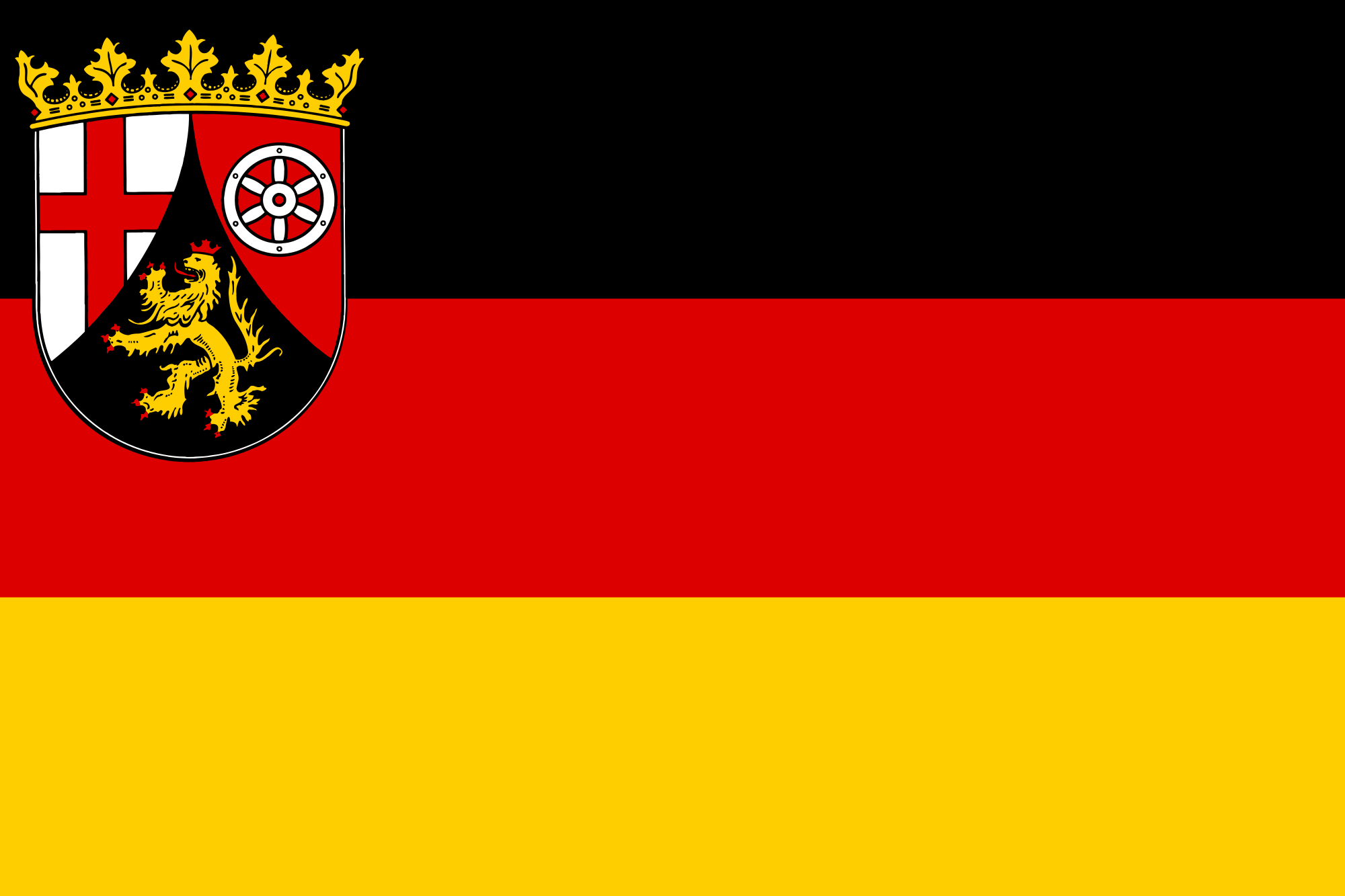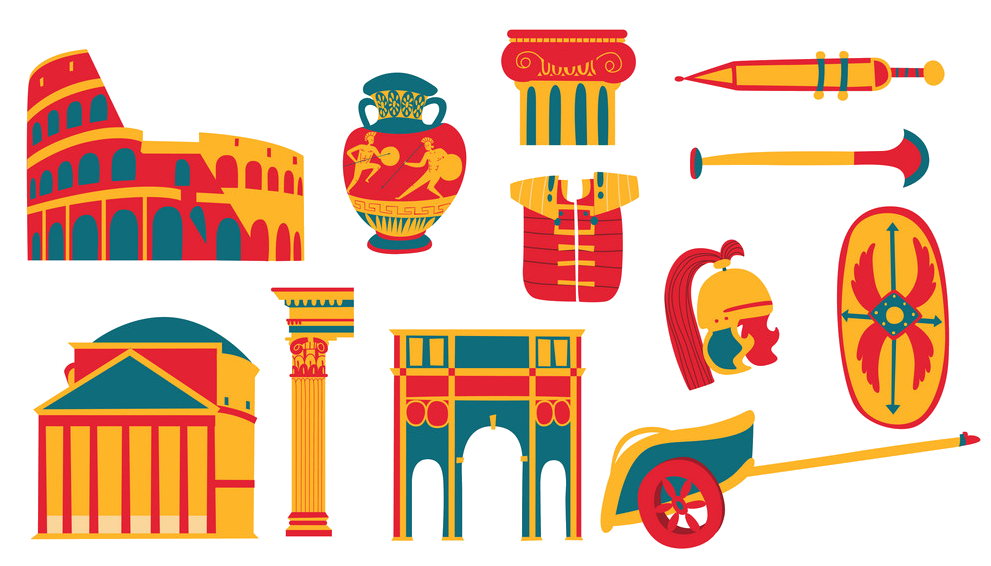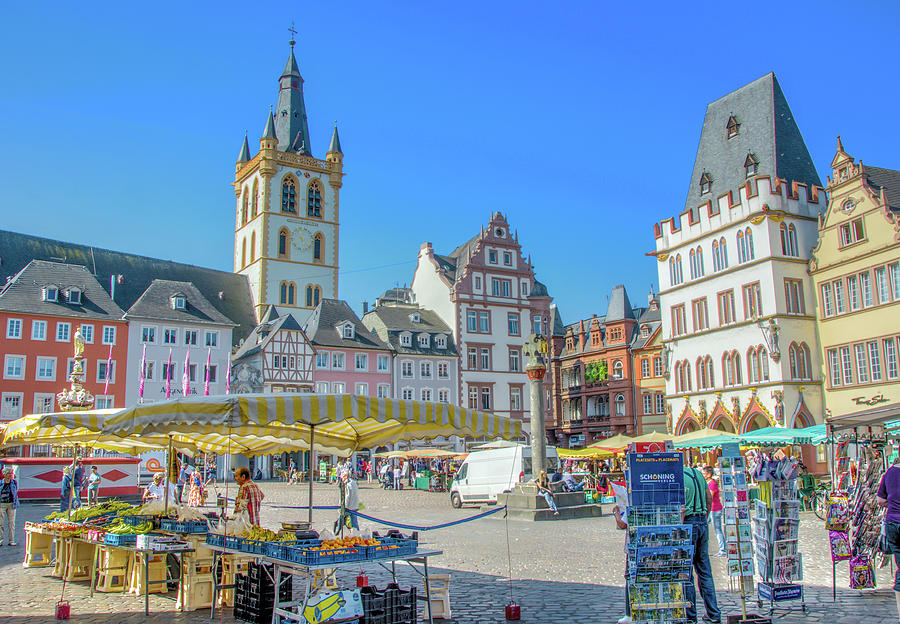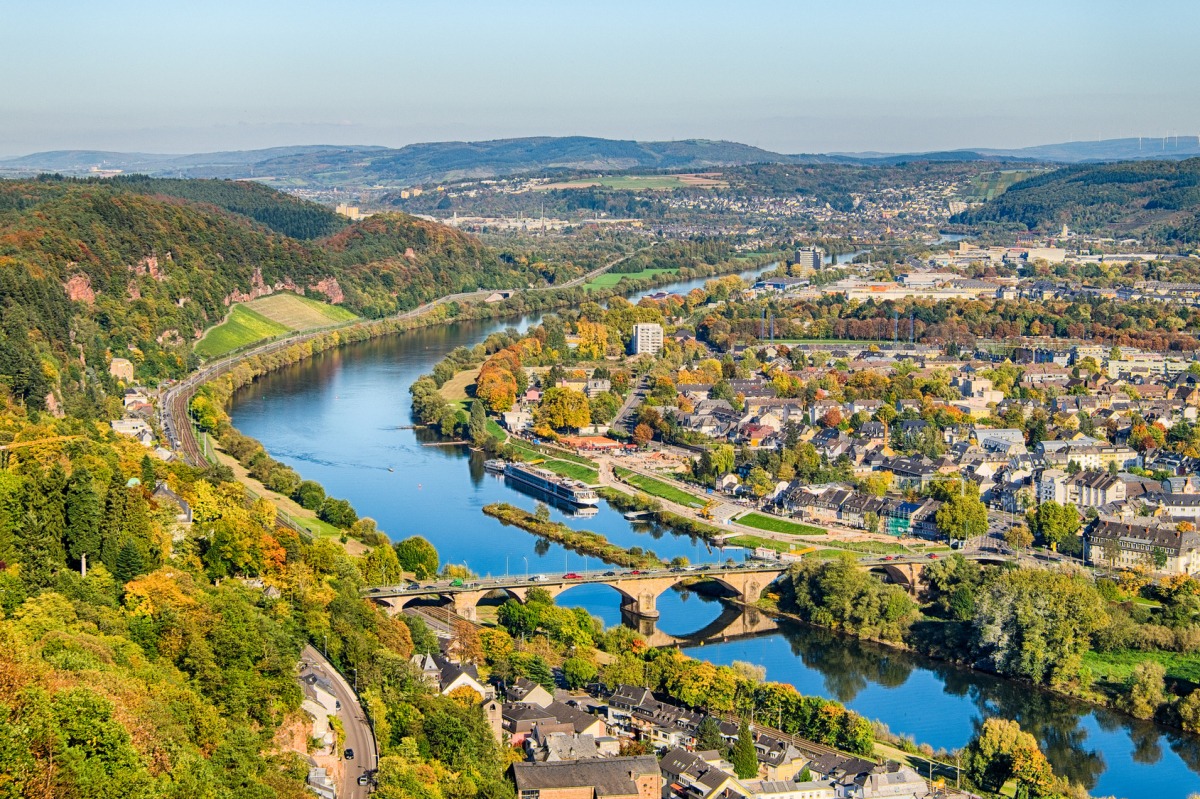 Germany
Germany

 History
History

 Rhineland-Palatinate
Rhineland-Palatinate

 Vacation and Travel
Vacation and Travel

 Cities founded by the Romans
Cities founded by the Romans

 World Heritage
World Heritage


特里尔,依粤语又译堤雅(德语:Trier,法语:Trèves),德国最古老的城市,位于莱茵兰-普法尔茨州西南部,摩泽尔河岸,靠近卢森堡边境。开埠于公元前16年,曾为罗马帝国四帝共治制时期西部恺撒(副皇帝)的驻节地。特里尔不是唯一声称最古老的德国城市,但它作为“城市”有超过两千年的历史,而不是作为殖民地或者军队驻扎地,这在德国确实是最古老的。
特里尔位于莱茵兰-普法尔茨州西南部的摩泽尔河谷中,两岸是低缓的红砂岩山丘,布满葡萄田,属于著名的摩泽尔-萨尔-乌沃(Mosel-Saar-Ruwer)葡萄酒产区。
特里尔是最早的基督教在阿尔卑斯山北侧的主教教区。中世纪,特里尔大主教是一个重要的教会诸侯;他管辖的主教辖区控制了从法国边界到莱茵河的大片地区。特里尔大主教也是神圣罗马帝国的7个选帝侯之一。
特里尔也以马克思诞生地而闻名。
Trier (französisch Trèves, luxemburgisch Tréier) ist eine kreisfreie Stadt im Westen des Landes Rheinland-Pfalz. Mit etwa 110.000 Einwohnern ist sie nach Mainz, Ludwigshafen am Rhein und Koblenz dessen viertgrößte Stadt.
Die Stadt wurde vor mehr als 2000 Jahren unter dem Namen Augusta Treverorum (ab der zweiten Hälfte des 3. Jahrhunderts Treveris) gegründet und beansprucht den Titel der ältesten Stadt Deutschlands für sich. Trier beruft sich hierbei auf die längste Geschichte als bereits von den Römern anerkannte Stadt, im Gegensatz zu einer Siedlung oder einem Heerlager.
Die Römischen Baudenkmäler in Trier zählen seit 1986 zum UNESCO-Welterbe. Hierzu gehören Amphitheater, Barbarathermen, Kaiserthermen, Konstantinbasilika, Porta Nigra, Römerbrücke sowie die Igeler Säule in Igel. Ebenfalls zum Trierer Weltkulturerbe zählt der im Kern romanische Dom und die frühgotische Liebfrauenkirche. Darüber hinaus gibt es in Trier Kulturdenkmäler aus nahezu allen Epochen von der Frühgeschichte bis zum 21. Jahrhundert.
Trier ist Sitz der Universität Trier und der Hochschule Trier, der Verwaltung des Landkreises Trier-Saarburg, der Verwaltung der Verbandsgemeinde Trier-Land, der Aufsichts- und Dienstleistungsdirektion (ADD, bis 1999 Bezirksregierung Trier), mehrerer Dienststellen des Landesuntersuchungsamtes (LUA), einer Dienststelle des Landesamtes für Soziales, Jugend und Versorgung Rheinland-Pfalz und einer römisch-katholischen Diözese (Bistum Trier, das älteste nördlich der Alpen) und des evangelischen Kirchenkreises Trier.
トリーア(ドイツ語: Trier [tʁiːɐ̯] (![]() 音声ファイル), フランス語: Trèves [tʁɛv])は、ドイツ連邦共和国ラインラント=プファルツ州の都市。人口は約10万人(2005年)。トリアーとも表記される。
音声ファイル), フランス語: Trèves [tʁɛv])は、ドイツ連邦共和国ラインラント=プファルツ州の都市。人口は約10万人(2005年)。トリアーとも表記される。
かつては舞台ドイツ語式発音に基づいてトリール、トリエルと呼ばれたが、近年では現在の標準ドイツ語の発音に近い「トリーア」が主に用いられる。
Trier (German pronunciation: [tʁiːɐ̯] (![]() listen); Luxembourgish: Tréier [ˈtʀɜɪ̯ɐ]), formerly known in English as Treves (French: Trèves, IPA: [tʁɛv]) and Triers (see also names in other languages), is a city in Germany on the banks of the Moselle. Trier lies in a valley between low vine-covered hills of red sandstone in the west of the state of Rhineland-Palatinate, near the border with Luxembourg and within the important Moselle wine region. The German philosopher and one of the founders of Marxism, Karl Marx was born in the city in 1818.
listen); Luxembourgish: Tréier [ˈtʀɜɪ̯ɐ]), formerly known in English as Treves (French: Trèves, IPA: [tʁɛv]) and Triers (see also names in other languages), is a city in Germany on the banks of the Moselle. Trier lies in a valley between low vine-covered hills of red sandstone in the west of the state of Rhineland-Palatinate, near the border with Luxembourg and within the important Moselle wine region. The German philosopher and one of the founders of Marxism, Karl Marx was born in the city in 1818.
Founded by the Celts in the late-4th century BC as Treuorum, it was later conquered by the Romans in the late-1st century BC and renamed Trevorum or Augusta Treverorum (Latin for "The City of Augustus among the Treveri"). Trier may be the oldest city in Germany.[2][3] It is also the oldest seat of a bishop north of the Alps. In the Middle Ages, the Archbishop-Elector of Trier was an important prince of the church, as the archbishop-electorate controlled land from the French border to the Rhine. The Archbishop-Elector also had great significance as one of the seven electors of the Holy Roman Empire.
With an approximate population of 105,000, Trier is the fourth-largest city in its state, after Mainz, Ludwigshafen, and Koblenz.[4] The nearest major cities are Luxembourg (50 km or 31 mi to the southwest), Saarbrücken (80 kilometres or 50 miles southeast), and Koblenz (100 km or 62 mi northeast).
The University of Trier, the administration of the Trier-Saarburg district and the seat of the ADD (Aufsichts- und Dienstleistungsdirektion), which until 1999 was the borough authority of Trier, and the Academy of European Law (ERA) are all based in Trier. It is one of the five "central places" of the state of Rhineland-Palatinate. Along with Luxembourg, Metz and Saarbrücken, fellow constituent members of the QuattroPole union of cities, it is central to the greater region encompassing Saar-Lor-Lux (Saarland, Lorraine and Luxembourg), Rhineland-Palatinate, and Wallonia.
Trèves (en allemand : Trier /ˈtʁiːɐ̯/ Écouter, en luxembourgeois : Tréier) est une ville et un arrondissement d'Allemagne, dans le Land de Rhénanie-Palatinat. La ville est située sur la Moselle. En 2008, la ville comptait 104 640 habitants.
Treviri (AFI: [ˈtrɛviri][1]; in tedesco: Trier, in francese: Trèves, in lussemburghese: Tréier) è una città extracircondariale nella parte occidentale del Land tedesco della Renania-Palatinato; è sede di una prestigiosa università.
Pur essendo una città extracircondariale, ospita la sede amministrativa del circondario (Landkreis) di Treviri-Saarburg.
La città è nota per aver dato i natali a Karl Marx.
Tréveris (en alemán, Trier; en francés, Trèves; véanse los nombres en otros idiomas) es una ciudad de Renania-Palatinado, Alemania, ubicada en la ribera derecha del río Mosela. Dista unos 9 km de Luxemburgo, 35 km de Francia y 50 km de Bélgica. Tiene 100 000 habitantes aproximadamente. Se considera la ciudad más antigua de Alemania y en 1986, la Unesco declaró el conjunto de «monumentos romanos, la catedral de San Pedro y la iglesia de Nuestra Señora en Tréveris» Patrimonio de la Humanidad.1. En Tréveris nació Karl Marx el 5 de mayo de 1818.









